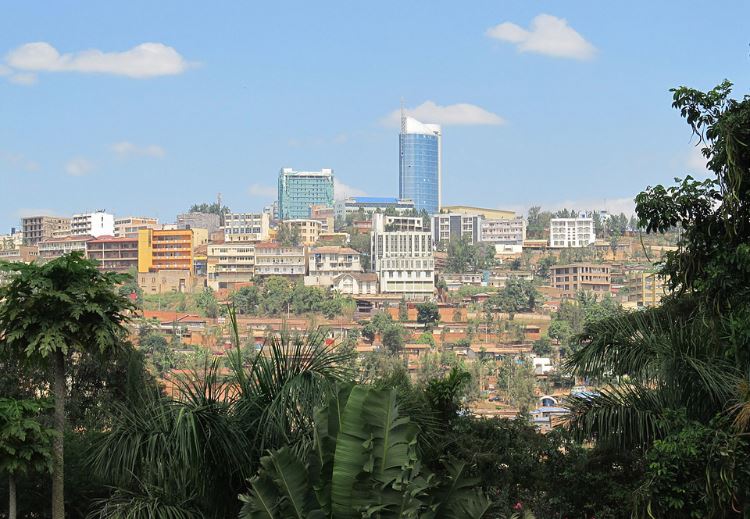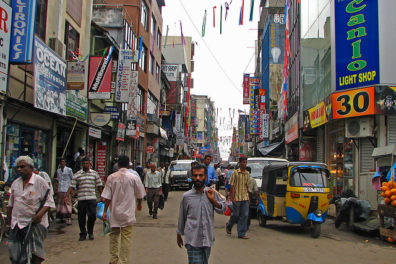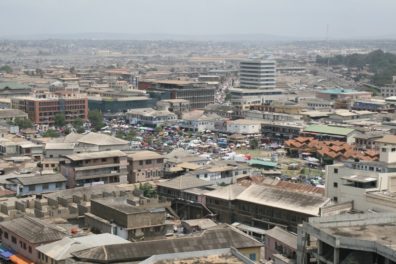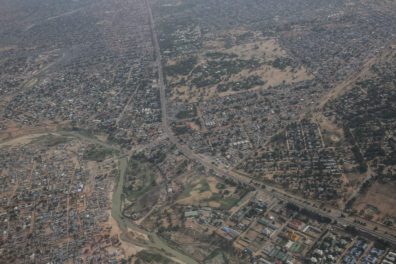It is well-established that urban property tax is among the most underutilised revenue sources in Africa. Many cities across the continent are economically booming today, with construction sectors driving economic growth and international investment in property rising. More often than not, however, this is happening in the absence of effective property taxation.
This is not only a missed opportunity but has potentially far-reaching development consequences. As with many parts of the world today, there is anxiety across Africa about rising inequality. Housing bubbles, too, are not the preserve of the global North; many African cities exhibit worrying signs of this phenomenon. On top of this, African states that are highly dependent on aid urgently need to find new revenue streams, and local governments remain grossly under-funded. For all these reasons and more, property tax should be a policy priority. Yet it remains neglected even in states that have significantly increased tax collection in other areas.
Rwanda – and specifically the capital, Kigali – provides an interesting case, for various reasons. First, the Rwanda Revenue Authority has been lauded as a success story, indicating both commitment and capacity to raise taxes. Second, Kigali has been among the fastest growing cities in the world in recent years, with a highly visible residential and commercial real estate boom (construction was the fastest-growing sector in the Rwandan economy from 2006-2013). Third, the influx of international agencies and aid workers after 1994 created soaring demand for rental properties, which were duly built and often rented out at US or European prices ($3,000-4,000 per month for a large house in Kigali was, until recently, common).
Given all this, one might expect the opportunity for property taxation to have been seized. Yet property taxes in Kigali amounted to just around 3% of local revenues in recent years, far below the 20-30% in some neighbouring countries and the 80% it sometimes comprises in developed countries. In contrast to the ‘pockets of effectiveness’ identified in some recent research on weak states, property tax in Rwanda seems to represent the opposite: a ‘pocket of ineffectiveness’ within an otherwise rather effective tax regime. Why is this so?
First, there are huge technical challenges associated with property taxation. In developing country contexts, absent street names and house numbers are often compounded by difficulties in keeping property registers updated and a lack of professional property valuers. These problems were all extreme in Kigali, but the Rwandan government has begun to address them, spurred on by organisations such as the IMF (who have started to play the role of institutional champion for the tax).
A law was passed to kick-start the property valuation profession in 2010, and the number of qualified valuers has since risen from virtually none to around 90 in 2014. Foreign experts have been brought in to streamline local tax administration, and a street numbering programme for Kigali was rolled out in 2012. Meanwhile, the central government has (controversially) stepped into manage the collection of all local taxes on behalf of districts, in an effort to increase efficiency.
These technical issues, however, are only a part of the story. Confusion and misinformation, rooted in the rapidly evolving taxation laws since 2000, clouds the situation and creates numerous obstacles. Some people think that all Rwandans pay property tax (and that the poor pay rather a lot of it relative to their income). In most cases, however, what is being paid is not actually property tax but a land fee that bears no relation to anything constructed on the land.
The only people legally obliged to pay property tax are those with freehold titles to the land, and these are extremely few, even in Kigali. Many people who develop their land according to approved plans, and are therefore eligible for a freehold title, don’t actually claim one because it means paying property tax. Moreover, foreign investors – who are more likely to care about the security that freehold ownership signifies – have since 2012 been prohibited from getting freehold titles anywhere outside Kigali’s small free trade zone. By default, therefore, they pay no property tax.
In any case, confusion over the difference between freehold and leasehold, and between various kinds of local taxes, is rife – even within government, which makes the tax fairly easy to evade. As one observer put it, ‘more or less only the people who are stupid enough to pay, pay’. Moreover, those who do pay usually ‘self-declare’ their property values far below market value.
Inseparable from all this is the fact that large property-owners are, as everywhere in the world, usually influential people. Consequently, the property tax rate was dramatically slashed in the process of debating and passing a new property tax law in 2014 that was supposed to improve things. There is deep-rooted resistance that coexists with a genuine concern in many government agencies about the need to raise this tax, with the effect that the state pushes reform with one hand while pulling back with the other. Even successful reforms at one level are effectively undermined by developments (or the lack of them) elsewhere in the system.
As well as hampering local government budgets, the on-going ineffectiveness of the property tax regime has likely had other consequences – including concrete, physical ones. The persistence of untaxed property development, often accompanied by untaxed rental incomes, creates strong informal incentives to invest in high-end property. There is a now a growing concern in Rwanda about an oversupply of luxury residential properties. This is both wasteful given the huge shortfall in housing for the poor and may have impeded investment in other economic sectors.
Exploring these issues further, and thereby highlighting the wide-ranging detrimental impacts of not having a decent property tax regime, could potentially help to secure domestic ‘institutional champions’ for the tax. While the positive case for property taxation has long been evident, it is time to forcefully articulate the negative case for its absence.



